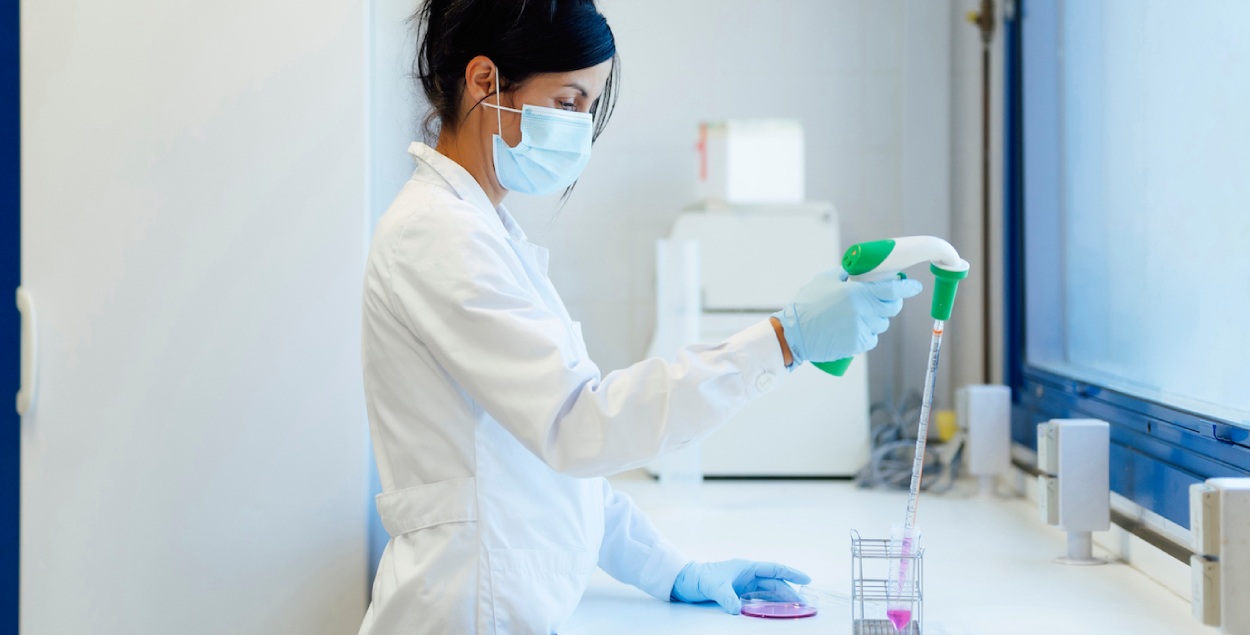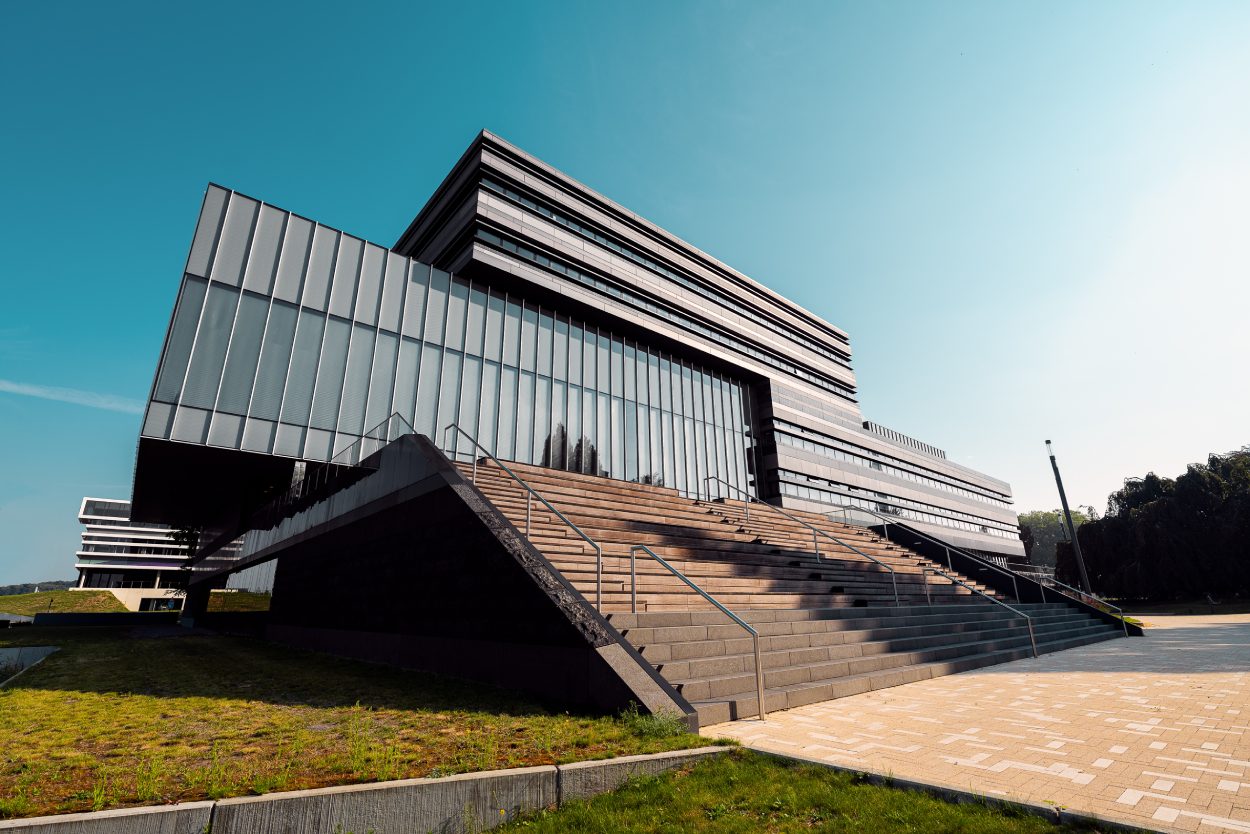Chemistry
Quickly go to
- A location at the heart of Europe
- Innovation and green solutions in chemistry
- Chemistry hubs in the Netherlands

Many of the world’s leading multinational chemical companies are located in the Netherlands, such as AkzoNobel, Shell Global , DSM , PURAC® | Corbion, MSD and ECN . Alongside these companies, our universities and research institutes – including the University of Twente , TNO (the Netherlands Organisation for Applied Scientific Research), the (TU Delft) Delft University of Technology, the University of Groningen , and (e/TU) Eindhoven University of Technology are making significant scientific advances.
As with multiple other industries in the Netherlands, one of the biggest perks of the Netherlands for the chemistry sector is our location at the heart of Europe. The access this offers to the European market – 170 million consumers within a 500-kilometre radius – is unparalleled. The Netherlands also occupies a central position of the greater Antwerp-Rotterdam-Rhein-Ruhr Area (ARRRA), one of the biggest chemistry clusters in the world. Around 30 percent of the sector’s turnover in Europe are made here.
Within the chemical industry, there have been major efforts on sustainable innovations, with a focus on creating smart materials and solutions that can be used in other sectors, including life sciences and health, energy, food, and security. The Netherlands’ biggest innovation park in chemistry is Limburg’s Chemelot , where a business community for chemistry and materials occupies an area of more than 800 hectares.

Within Chemelot, the Brightlands Chemelot Campus is the first European Circular Hub for materials research and innovation. Similarly, Emmen hosts companies aiming at creating biodegradable consumer products and ‘cleaning up’ the plastic industry. In Delfzijl, the focus is on intermediate chemicals and the creation of a circular plastic chain. Finally, one of the largest chemistry hubs in northwestern Europe is in Zeeland, where Dow , Yara , ICL-IP, Trinseo, and other major players are located.